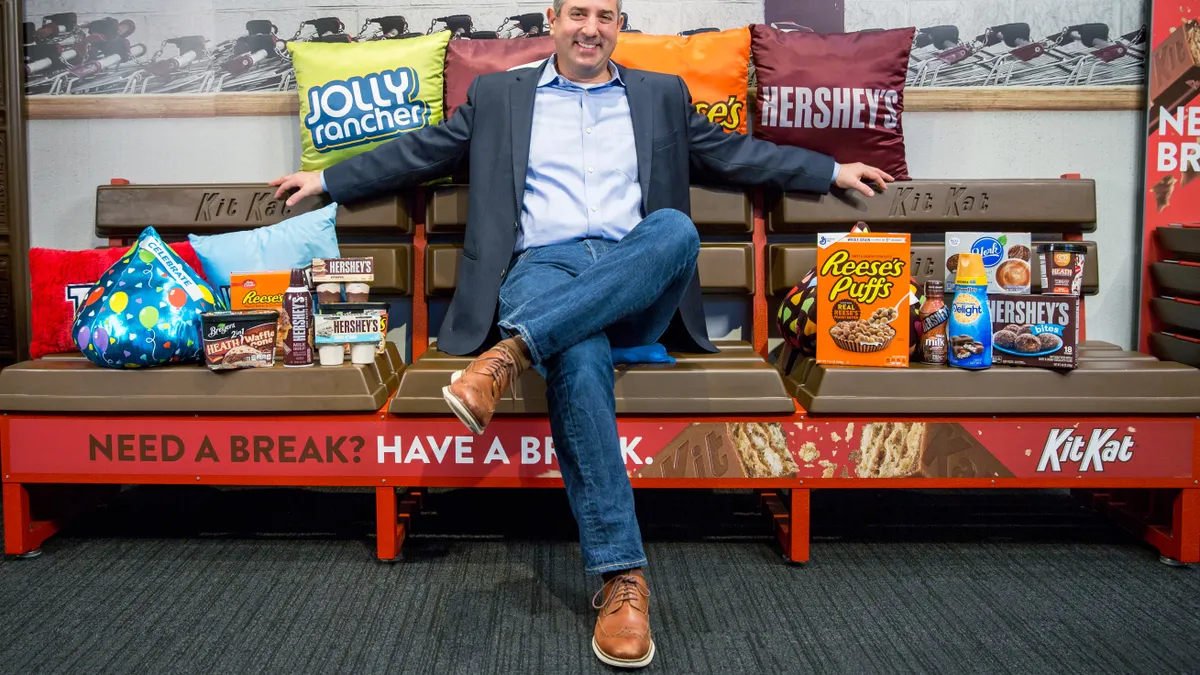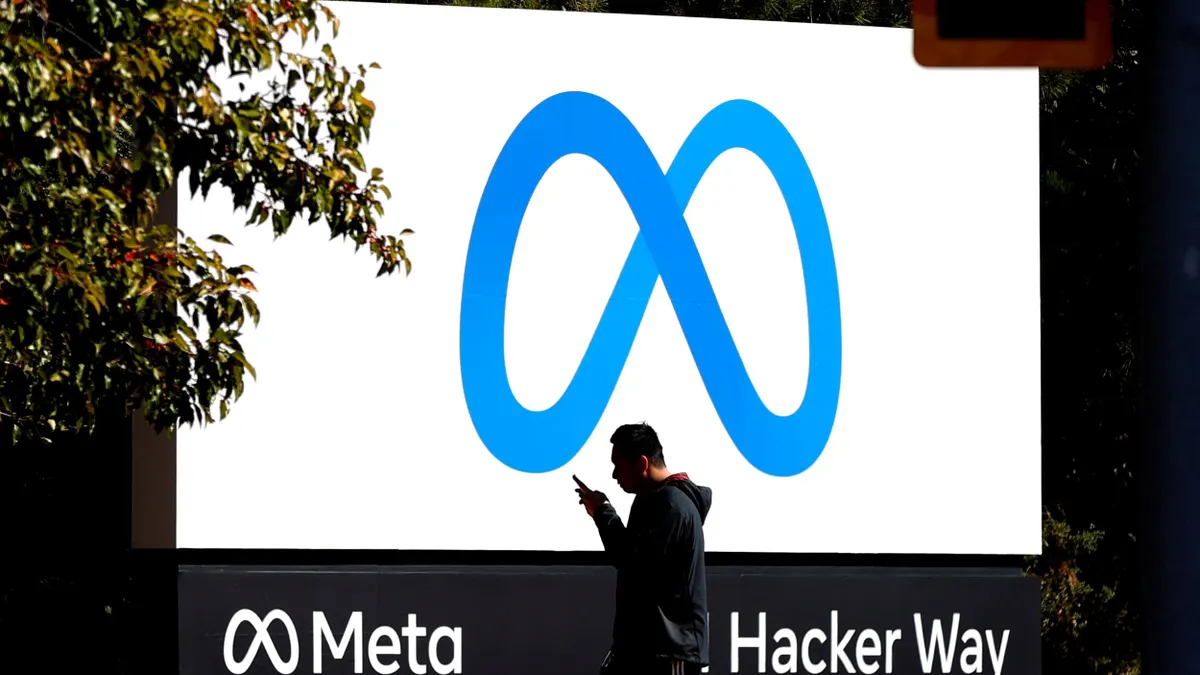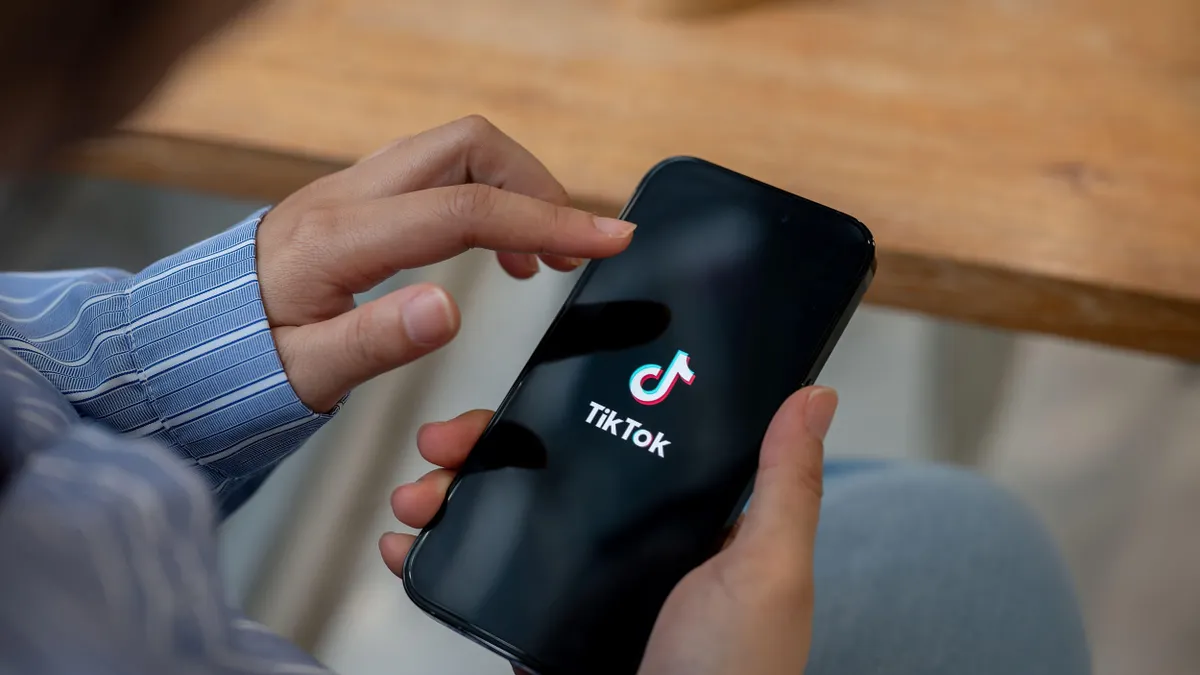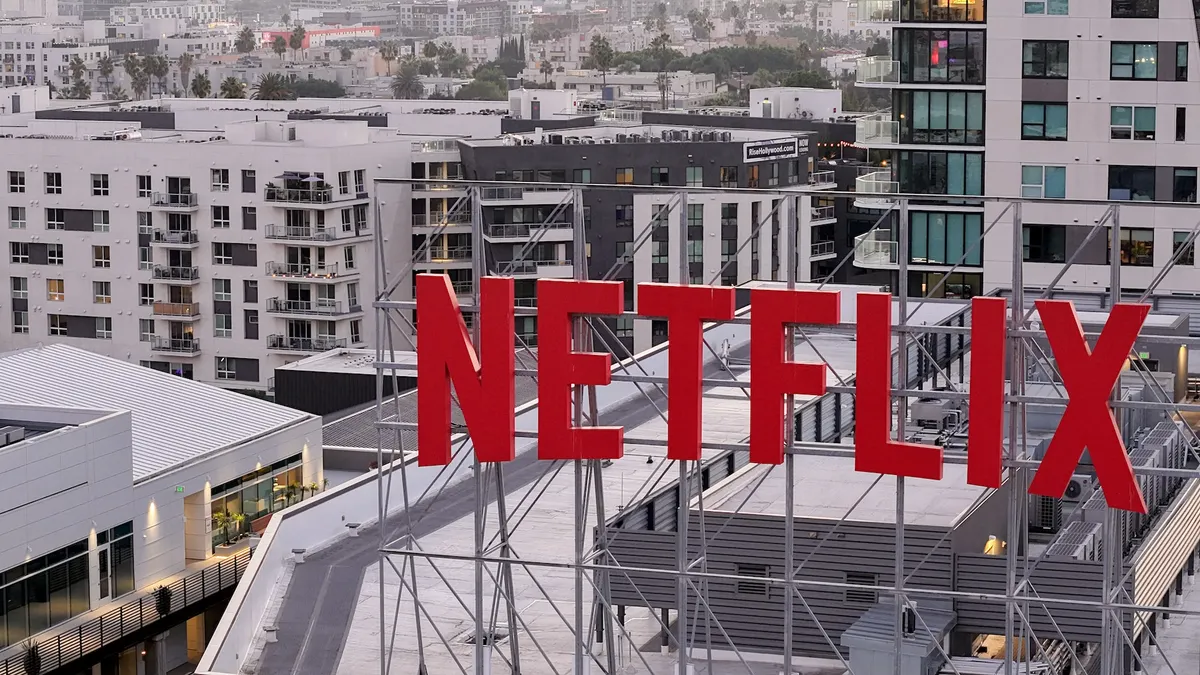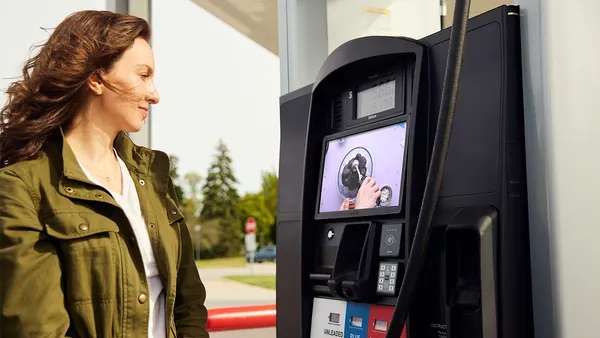Could beer and chocolate be "two great tastes that taste great together?" The Hershey Company is betting on the unlikely flavor combination, partnering this fall with Yuengling to market a limited-edition porter brew in 22 states. The surprising pairing is just one of many that Hershey's — whose portfolio includes Kit-Kat, Reese's, Jolly Rancher and Twizzlers — has launched in recent months as it leans on an approach encapsulated in an iconic Reese's peanut butter cup tagline from decades ago to expand its reach.
While beer may not be the most obvious choice for the confectioner, the popularity of craft brew among younger consumers offers an opportunity for Hershey's to connect in an interesting way, according to Ernie Savo, senior director of global licensing and business development for The Hershey Company. The Yuengling deal expands on last year's draft-only product, which will continue as a bid to extend its customer base and grow its licensing business. Over the past several months, the company has also debuted pudding and whipped topping products with Kraft; Hershey's and Reese's cookie Mashups with Mondelez International's Chips Ahoy brand; and an expanded line of candy-inspired Jolly Rancher and Hershey's Kisses cereals with General Mills.
Taken together, all of these deals represent a new way of thinking for Hershey's as it looks to grow. Rather than viewing licensing as a siloed business venture, the brand is incorporating the tactic into its overall marketing and business strategy. Licensing is a way to expand into categories in which the brand does not have its own experience or distribution, according to Savo.
"There are many more categories that we belong in, but we don't have direct access," he said. "Being able to remind people of our brands when they are shopping outside of our core competency is extremely important to us."
In an impulse category like snacks, consideration outside of the candy aisle is vital. Reminding consumers of licensed brands beyond the designated area for sweets triggers greater purchase consideration and may capture a broader swath of consumers.
"Licensing is effective marketing," Savo said. "We're starting to prove that out."
Beyond 'brand slapping'
Consumers of Hershey-licensed items are five times more likely to purchase the company's branded snacks and spend twice as much on its confections annually, per data the company shared. Households that buy Hershey- and Reese's-licensed products spend more on average than the typical candy household. The company also found shoppers who had Reese's Puffs cereal in their carts were 40% more likely to purchase Reese's candy on the same trip.
Those results come from a strategic approach to licensing, according to Savo. Companies that engage in "brand slapping," or simply putting their brand name on a product, are not likely to see results that translate into lasting business success. Both the licensor and the licensee must have a vision and purpose for the product.
"[Brand slapping] tends to water down the value of the brand and the licensing," Savo said. "One of the nuances we look from is, how does the licensing proposition fit within the licensee's portfolio?"
Additionally, Hershey's is looking for licensing partners that bring something to the deal that Hershey's does not have itself or would be impractical to develop in-house, according to Savo.
"We often have marketing and relevance in some adjacent categories, but not that enterprise competency," he said. "When our partners have that enterprise competency, that's when licensing becomes appealing."
Ceding control
Finally, trust and communication are key to ensuring a strong deal. Licensing a brand to another company means ceding some control of that brand to another party. No amount of negotiation or approval processes can make up for effective communication and a shared vision.
"There's certainly risk associated with licensing. You can manage it through the approval process of the deal, but most importantly, you manage it through your relationship," Savo said. "I have walked away from some deals, generally in cases where [our partners] don't understand that they're borrowing our brand."
Moving forward, consumers can expect to see Hershey-licensed products in the better-for-you and wellness categories, Savo said. The company also sees an opportunity to "use the power of our brand" in the frozen dessert aisle. As Hershey evaluates potential partners and categories, it will pay particular attention to finding ways to build lasting, sustainable results, which is the same advice Savo gives to those looking to get into the licensing game themselves.
"Take it slow and find partners that are building brands for the long term," he said. "The risk is not worth the reward when it comes to doing things in the short term."

